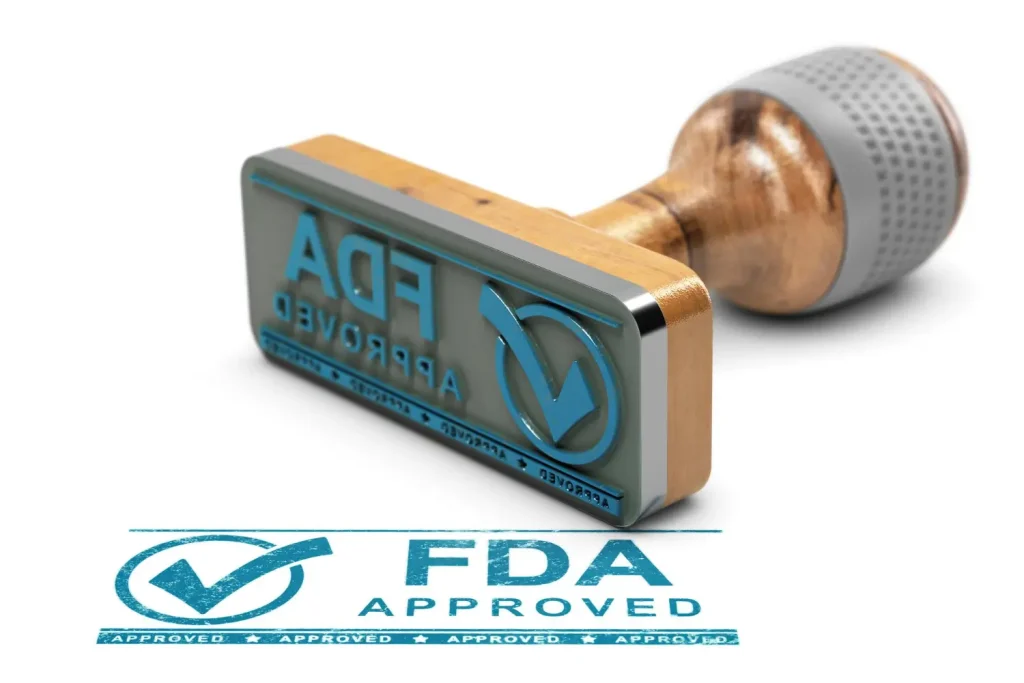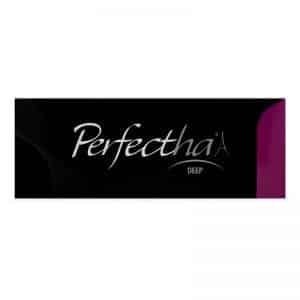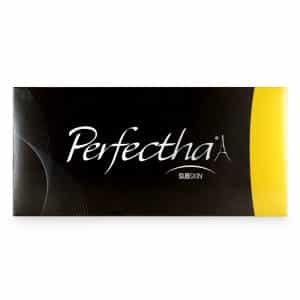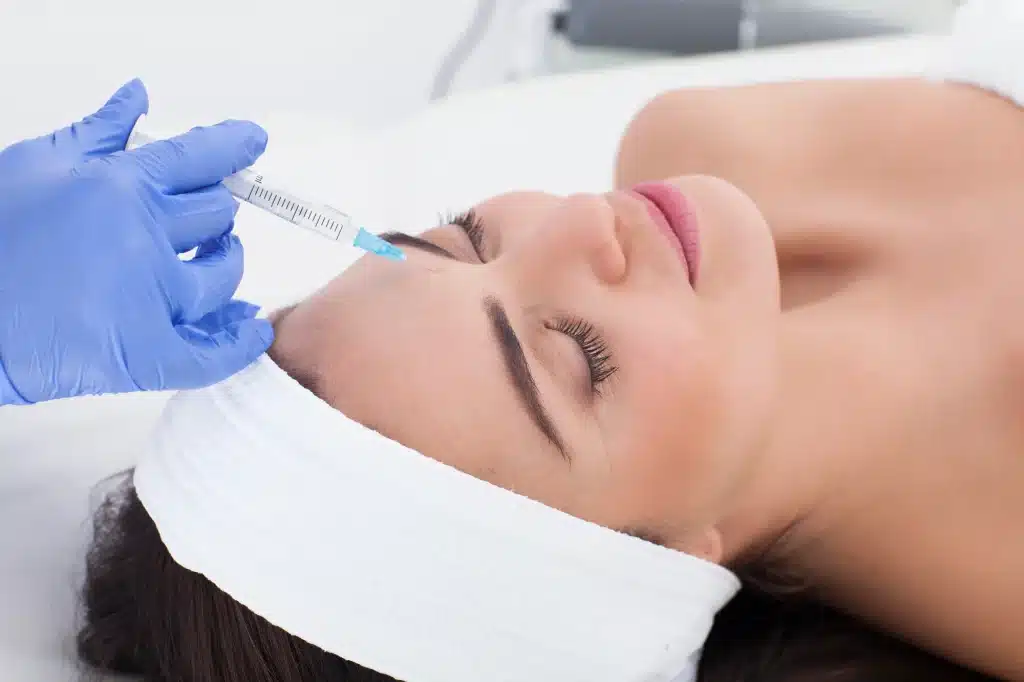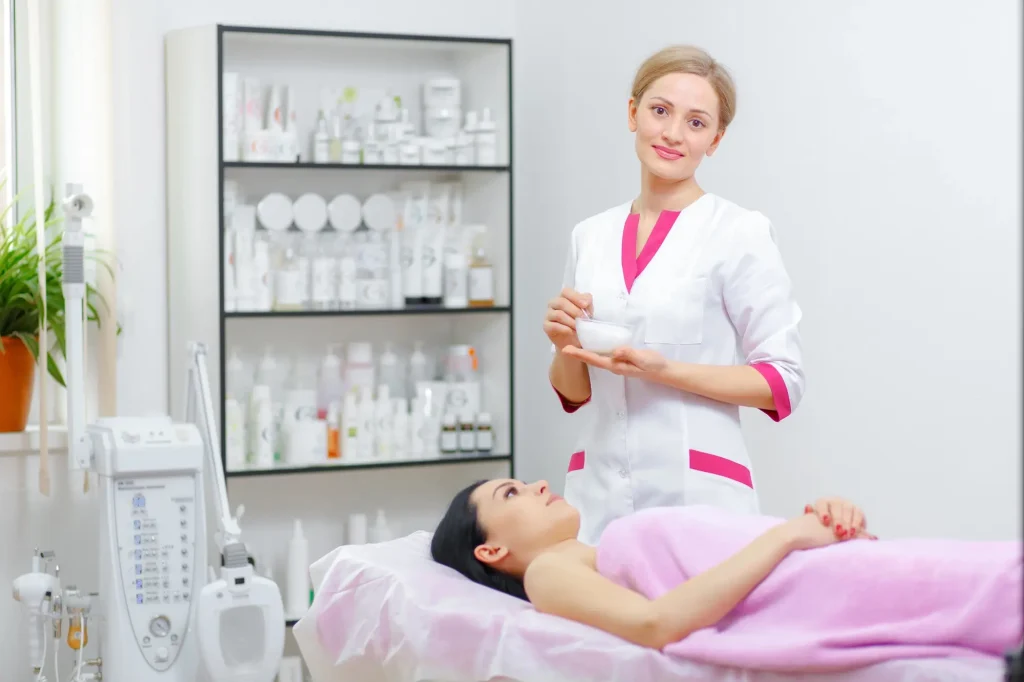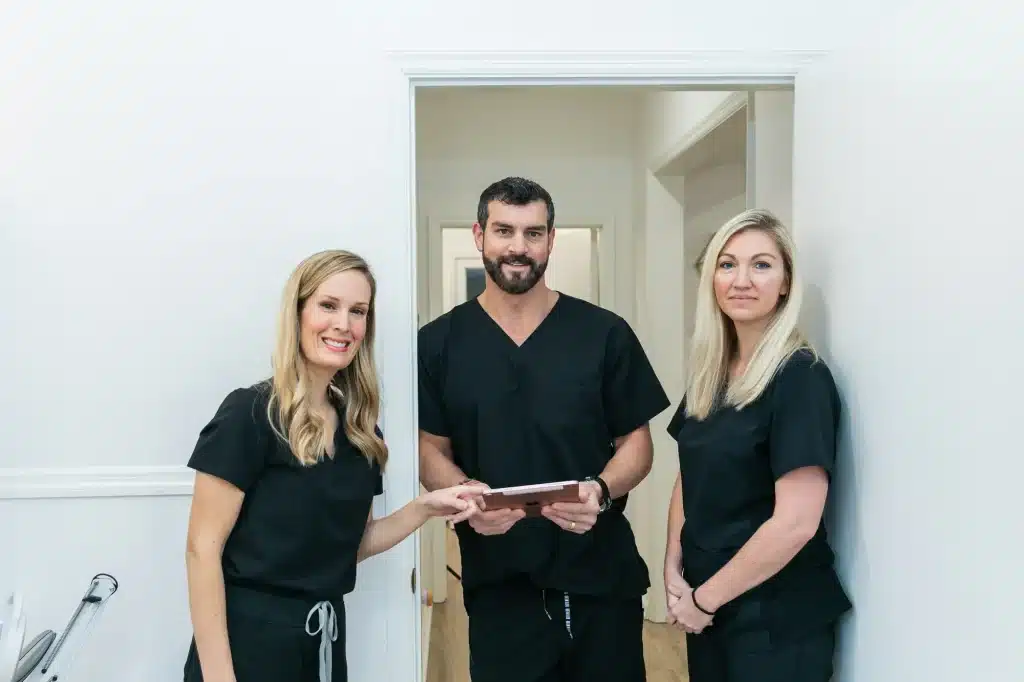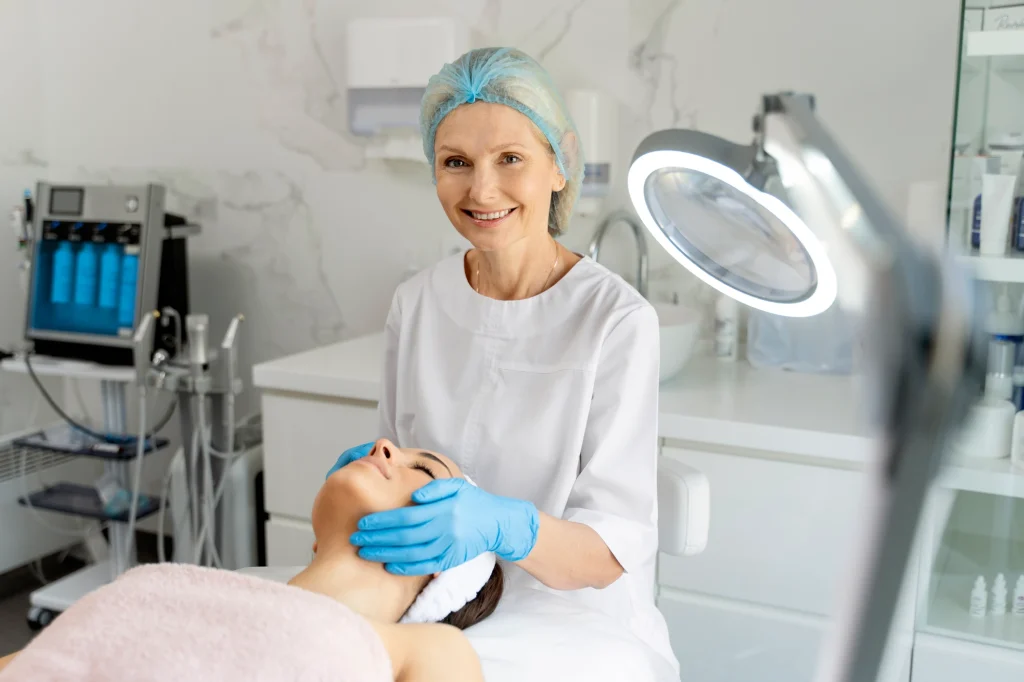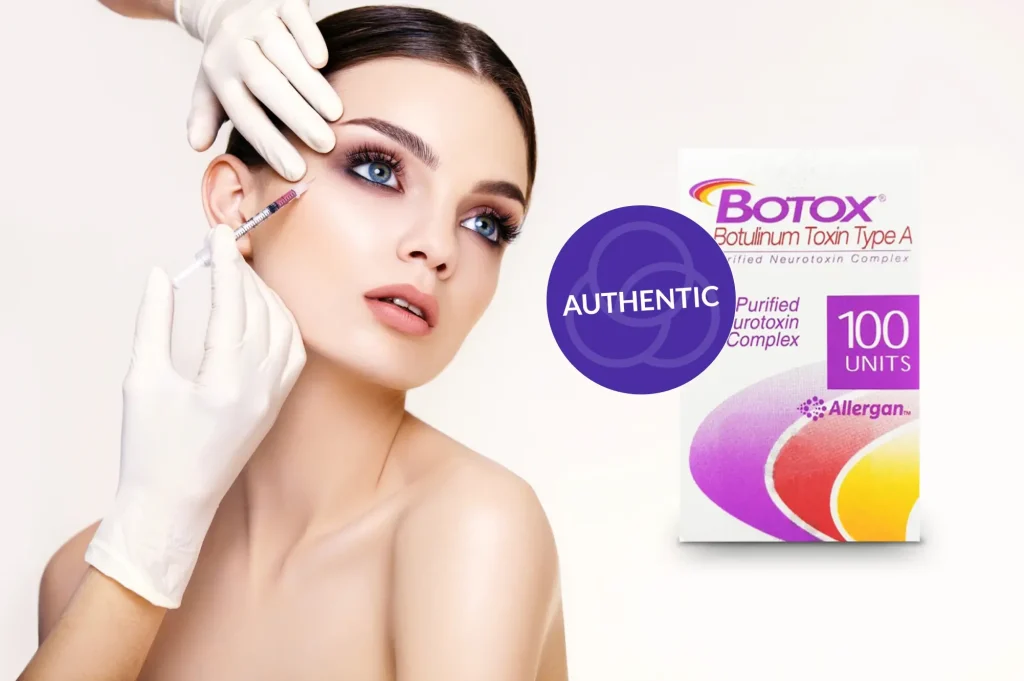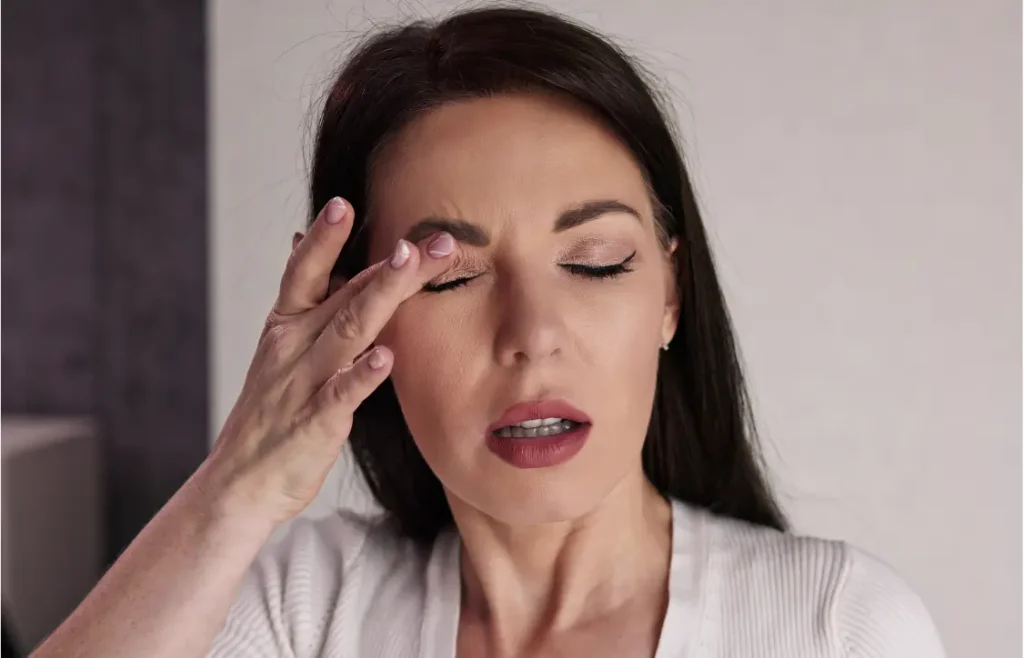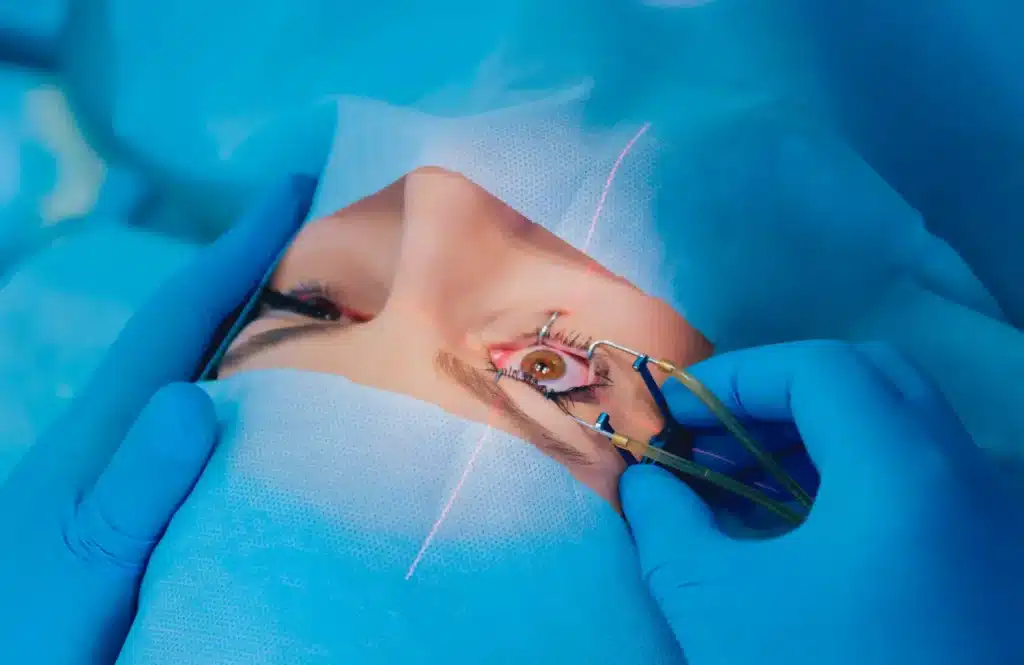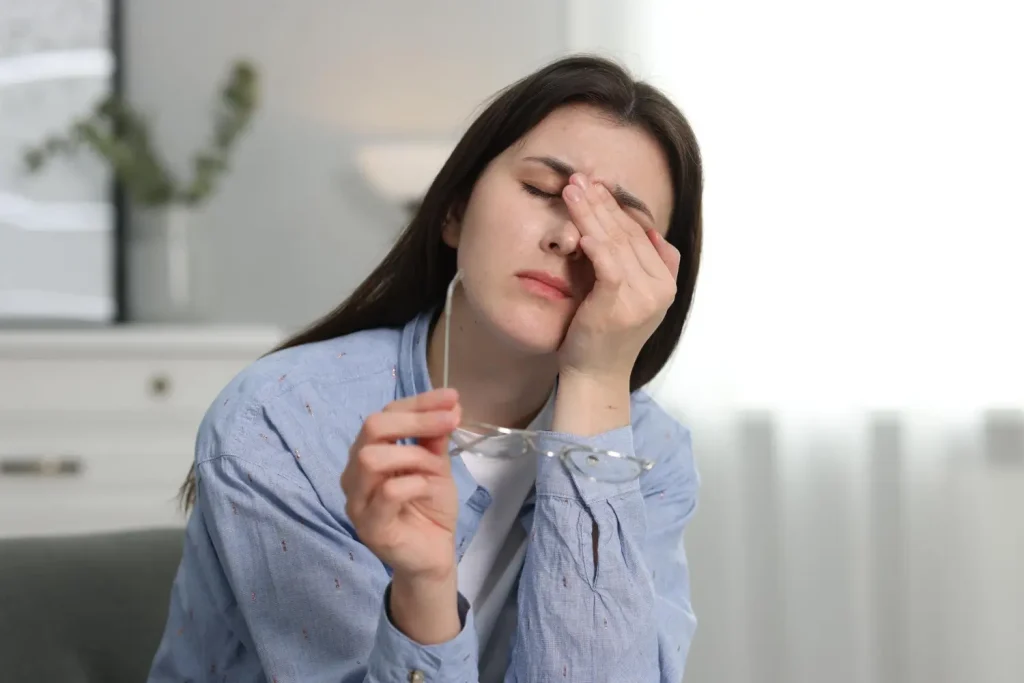Regulatory oversight plays a critical role in the cosmetic industry, ensuring patient safety, product reliability, and reduced risks of adverse reactions. Proper certification verifies a filler’s biocompatibility, effectiveness, and long-term safety, giving both patients and practitioners confidence in its use.
Perfectha, a hyaluronic acid-based dermal filler, is widely used internationally for facial contouring and wrinkle reduction. It holds CE certification in Europe and meets strict safety and quality standards. However, while globally recognized for its effectiveness, it has not yet received FDA approval in the United States.
In this article, we’ll explore Perfectha’s regulatory status, the FDA approval process, and what this means for those considering the filler.
Key Takeaways
- Perfectha is not FDA-approved in the U.S. but holds CE certification in Europe, meeting strict safety and efficacy standards.
- FDA approval requires clinical trials, safety evaluations, and post-market surveillance, while CE certification follows European regulatory guidelines.
- Perfectha is widely used internationally for facial rejuvenation, with a proven track record of safety and effectiveness.
- U.S. practitioners cannot legally use Perfectha but may consider FDA-approved alternatives like Juvederm and Restylane.
- Clinical data suggests Perfectha is comparable to FDA-approved fillers, with a low risk of adverse reactions when administered correctly.
About: Medical Spa RX provides medical practices with premium products at the best prices. If you’re looking to buy Perfectha for your practice, the sales representatives at Medical Spa RX can give you guidance.
Understanding FDA Approval vs. CE Certification
Perfectha dermal fillers adhere to strict safety and quality standards, holding CE certification in Europe. In the U.S., the FDA requires extensive testing before approving medical products, including dermal fillers. While CE certification ensures compliance with essential health and safety requirements, FDA approval involves a more extensive review process. Despite regulatory differences, Perfectha remains a trusted filler worldwide, meeting high industry standards.
FDA Approval Process
- Clinical Trials: Extensive studies evaluate product safety, effectiveness, and long-term outcomes.
- Safety Assessments: The FDA reviews trial data to identify potential risks, including allergic reactions and side effects.
- Manufacturing Inspections: Facilities must meet strict quality control standards.
- Post-Market Surveillance: Even after approval, products are continuously monitored for safety through adverse event reporting.
CE Certification Process
- Preclinical Testing: Assessing biocompatibility and performance.
- Risk Assessments: Ensuring the product meets essential safety requirements.
- Manufacturing Quality Control: Audits ensure consistent production standards.
- Regulatory Review: A Notified Body evaluates documentation before granting certification.
Is Perfectha Approved for Use in the United States?
Perfectha is not FDA-approved for use in the U.S., meaning practitioners cannot legally market or administer it. However, for those asking, “What is Perfectha?”, it is a CE-certified dermal filler widely used internationally for facial contouring and wrinkle reduction.
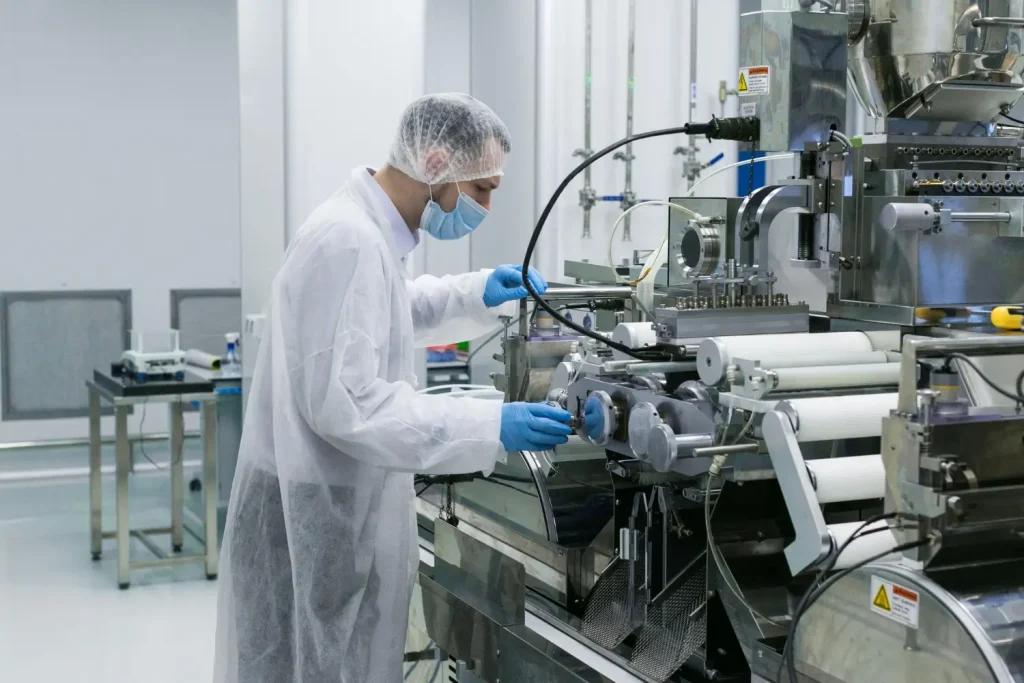
Comparison with FDA-Approved Fillers (Juvederm, Restylane)
Perfectha is often compared to well-known FDA-approved fillers like Juvederm and Restylane, which also use hyaluronic acid (HA) to restore volume and reduce wrinkles. Here’s how they compare:
- Composition: Each filler is HA-based, providing hydration, volume restoration, and wrinkle reduction.
- Longevity: Perfectha lasts 6–12 months, similar to Restylane, but slightly shorter than Juvederm in some applications.
- Safety Profile: Studies show Perfectha has a low risk of adverse effects, much like Juvederm and Restylane.
- Availability: While Juvederm and Restylane are FDA-approved and widely available in the U.S., Perfectha is only used in international markets.
Implications for U.S.-Based Practitioners and Patients
Since Perfectha lacks FDA approval in the U.S., both practitioners and patients must consider the legal and safety implications:
- Practitioners cannot legally purchase or administer Perfectha in U.S. clinics.
- Only FDA-approved alternatives can be used to achieve similar aesthetic results.
- Using unauthorized products may result in legal penalties and potential safety risks.
- For patients, this means:
- Choosing FDA-approved dermal fillers for safe, regulated treatments.
- Avoiding unauthorized providers offering non-approved products.
- Verifying certifications to ensure treatments meet strict safety and quality standards.
A product that meets both FDA and CE certification standards demonstrates a commitment to safety, effectiveness, and long-term reliability, enhancing global credibility for practitioners and patients alike.
Perfectha’s Safety and Efficacy Compared to FDA-Approved Fillers
Perfectha has shown similar efficacy to FDA-approved fillers in treating nasolabial folds and lip contouring. Clinical studies indicate that Perfectha provides comparable results in reducing wrinkles and enhancing facial aesthetics.

However, FDA-approved fillers like Juvederm and Restylane have undergone extensive controlled clinical trials to ensure their safety and effectiveness. These fillers are also more widely available in the U.S., offering patients a range of options with established safety profiles.
Conclusion
Perfectha is not FDA-approved but holds CE certification, indicating compliance with European safety standards. While it shows efficacy and safety comparable to FDA-approved fillers, it cannot be legally used in the U.S. Patients and practitioners should stick to FDA-approved alternatives like Juvederm or Restylane for treatments.
FAQs
1. Is Perfectha safe?
Yes, Perfectha has undergone safety evaluations in Europe and is CE-certified, ensuring compliance with quality standards.
2. How long do Perfectha results last?
Results typically last 6-12 months, depending on the injection site, metabolism, and individual patient response.
3. Can U.S. patients get Perfectha treatments?
No, Perfectha is not FDA-approved, meaning it cannot be legally used in the United States. Patients should seek FDA-approved alternatives.
4. What areas can Perfectha treat?
Perfectha is used for wrinkle reduction, lip enhancement, cheek augmentation, and facial contouring, similar to Juvederm and Restylane.
5. What are the risks of using non-FDA-approved fillers?
Non-approved fillers may pose safety risks, including contamination, inconsistent formulations, and regulatory violations if sourced illegally.
References
Kasalo B. Understanding the importance of regulatory affairs in the cosmetic industry. AAPS. Published April 25, 2023. https://www.aaps.ca/blog/importance-of-regulatory-affairs-in-the-cosmetic-industry
Mashhrawi A, AlNojaidi TF, Alkhaldi RA, Alshami NS, Alhadlaq AS. Awareness and Knowledge of the Adverse Effects of Dermal Fillers Among the Saudi Population: A Cross-Sectional Study. Cureus. Published online June 12, 2023. doi:https://doi.org/10.7759/cureus.40322
Center for Devices and Radiological Health. Dermal fillers (Soft tissue fillers). U.S. Food And Drug Administration. Published July 6, 2023. https://www.fda.gov/medical-devices/aesthetic-cosmetic-devices/dermal-fillers-soft-tissue-fillers
